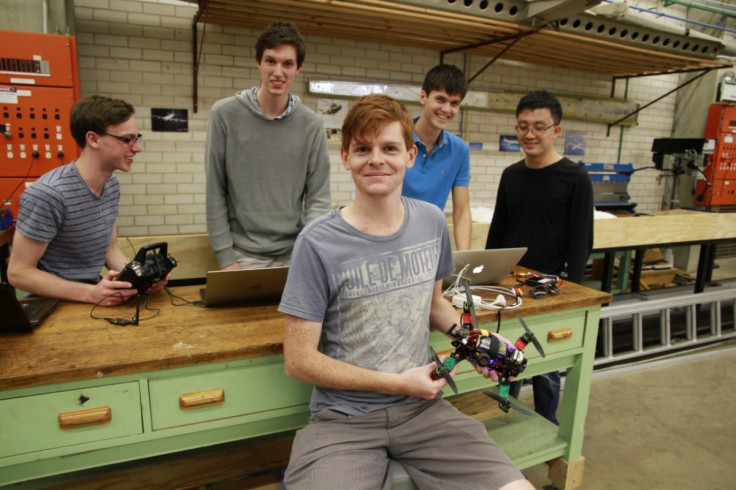Record-breaking drone flight sees UAV in Texas piloted 13,000 miles away in Sydney

Students from the University of Sydney and Texas A&M University have become the first people to remotely fly and safely land a quadcopter drone in another country, as well as setting a new world record for the longest distance successfully reached for a non-military remote controlled drone flight.
Flying a drone out of line-of-sight is illegal in most countries including the UK and US as civil aviation authorities fear drones cannot be appropriately controlled beyond a distance of 500m, although France and Australia are permitting unmanned aerial vehicle (UAV) trials that go out of line-of-sight provided companies can prove there is no risk to humans and the tests are conducted in controlled environments.
However, as part of the Aerial International Robotic Racing of Unmanned Systems (AIRUS) competition, the students decided to see if it would be possible to control an aircraft on the other side of the world indoors in a laboratory.
The University of Sydney students were able to remotely control, fly and land a quadcopter drone 13,000 miles away in the Texas A&M University laboratory, while students from Texas A&M University simultaneously piloted a similar UAV in the University of Sydney laboratory.
The universities say that in addition to setting a new world record for drone flight, the demonstration was the first ever international attempt to use the internet as a drone control portal, and it is significant because it opens up new possibilities for long-distance drone flights in the future.
"We used the well-established science of UAV flight, but we sent our signal over internet, which hasn't been done before," said Jeremy Cox, a combined aeronautical (space) engineering and science student at the University of Sydney.
"Most non-locally controlled UAVs today are operated via satellite systems, which are much less accessible systems than those controlled over the internet. This breakthrough flight has potential applications for telepresence, which will allow operators to sense and respond at long range."
© Copyright IBTimes 2025. All rights reserved.






















